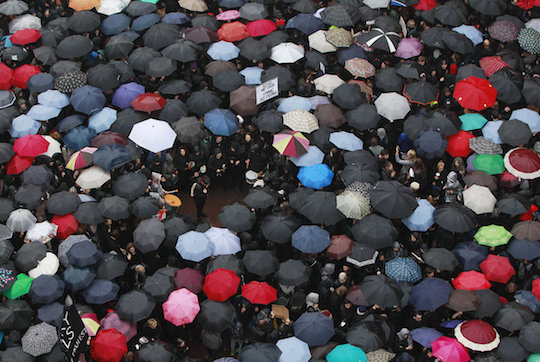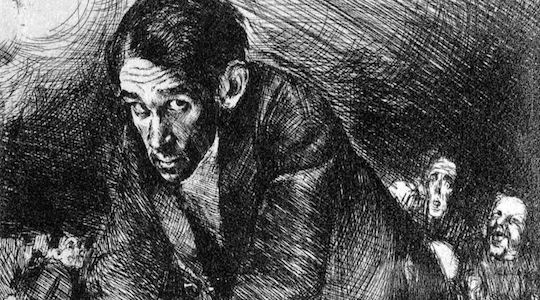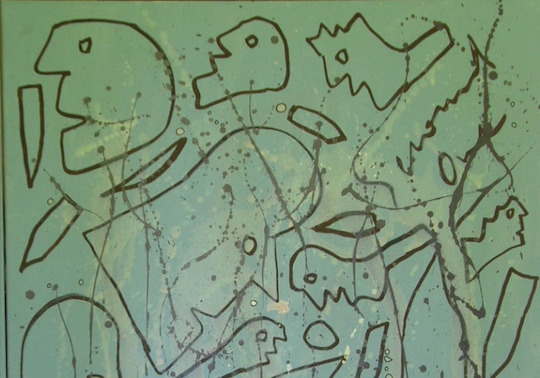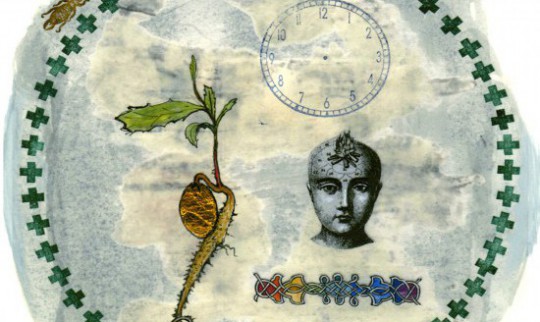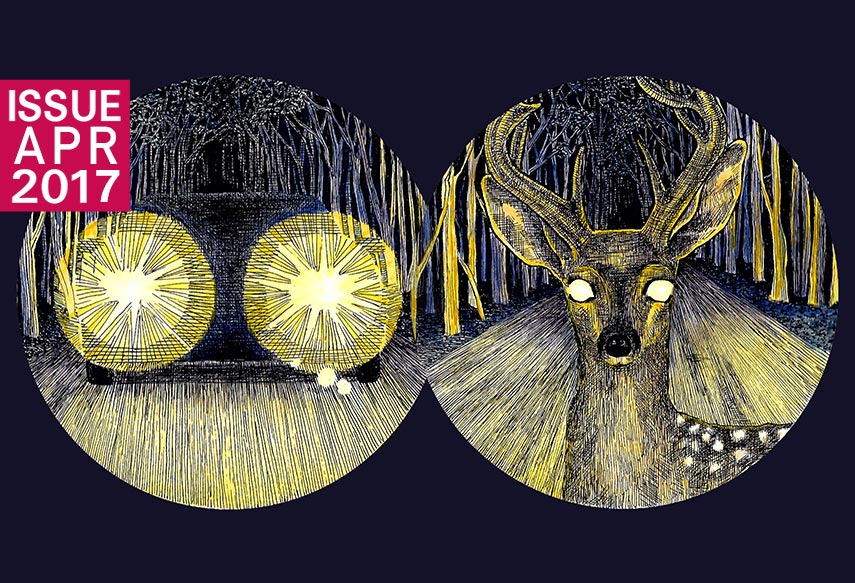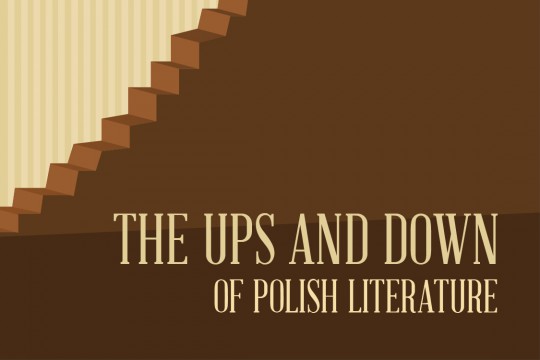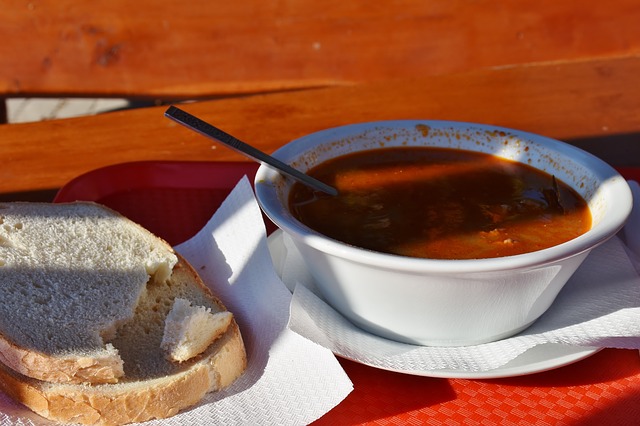A year ago in 2016, thousands of Polish women went on strike from work, dressed in all black and marched on the streets waving black flags and umbrellas to protest a proposal that would make abortion completely inaccessible to them. While they succeeded, Poland still has one of the most restrictive abortion laws in Europe. On the anniversary of the Black Protests this Tuesday, on Oct 3, 2017, Polish women marched again to demand greater reproductive freedom. Feminist writer and columnist Grażyna Plebanek recaps for Asymptote the year of struggle for Polish women’s rights and the role of literature in the protests. —Julia Sherwood
A year ago we women went out into the streets together—young and old, teenagers, mothers, grandmothers. Women from all walks of life. Women from small towns and big cities, educated and uneducated. When I first canvassed women in a Polish shop in Brussels to take part in the Black March last October, I was worried that the shop assistants and shoppers might respond in the time-honoured way: “I’m not interested in politics” or “I’ll leave it to the politicians.” Or the excuse that’s really hard to argue with: “I’ve got enough on my plate already.”
As it turned out, this is an issue that concerns us all: the issue of our freedom and dignity. In October 2016, every one of us in that shop—customers and shop assistants—poured out our grief over what “they” were planning to do to us, by introducing a near-total ban on abortion, making what is already one of the most restrictive anti-abortion laws in Europe even stricter. The following day we marched shoulder to shoulder, united by a real threat—that of being robbed of the basic right over our own bodies. We were being dragged back to the status of women during the Napoleonic times. We would no longer be equal to men and have our lives directed by others, as if we were children.
We went out into the streets in Poland, in Brussels, Berlin, London, Stockholm, New York, and many other cities across the world. In Poland one hundred thousand women joined the protest. A hundred thousand furious women wearing black, armed with symbolic umbrellas. One hundred thousand women, undeterred by pouring rain.
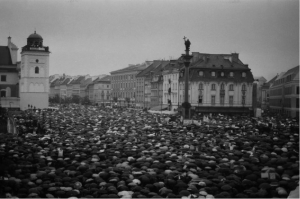
Sea of umbrellas. Warsaw, 3 October 2016. Photo © Tytus Duchnowski
The protests worked but in late August, almost a year later, Polish women once again went out into the streets of Łódź. Again, we wore black. However, this was a smaller and quieter march, an expression of grief. We were grieving for a young woman held captive for ten days by two men who had tortured and raped her. She ran away but later died in hospital. Her injuries were so severe that the doctors couldn’t save her.
What has happened in Poland between the two black marches—between the protests of 2016 and the funeral procession of 2017? READ MORE…

